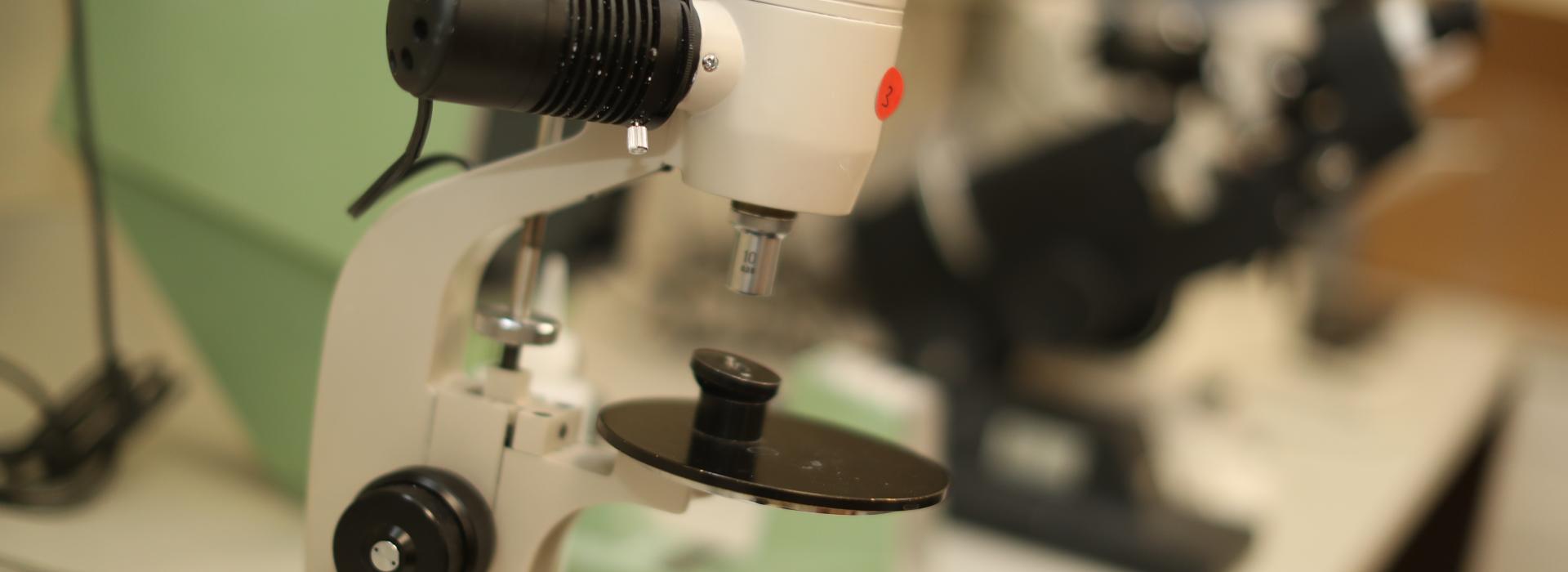With the growing number of optometry programs in the United States over recent years, there has been an increase in demand for qualified academics in the field. The Master of Science in Vision Science (MS) degree program prepares optometrists for a wide range of career choices and gives you the skills to:
- Teach in an optometry school: The MS in Vision Science program provides the academic requirements for teaching, which are not offered in professional optometry school or residency programs.
- Perform clinical or basic research in vision science: This research may be in a wide range of settings such as optometry schools, medical schools, industry, or a private office.
- Work in pharmaceutical and contact lens industries where there is a need for optometrists trained in research: Many of the current advances in the clinical practice of optometry are developed by optometrists working for companies.
- Embark on private practice research: With this MS degree, you will be able to carry out research in a private practice office. Many optometrists conduct clinical research in their private practice in multi-center clinical studies funded by industry. Examples of such studies include doing research on a new contact lens solution or pharmaceutical drug.
There is opportunity and great need for new knowledge in the vision sciences, teaching, and research. If you have a background in research and want to continue this as an optometrist, consider applying for the MS degree program.
Applicant Categories
Students and professional optometrists accepted into the program generally fall into one of the following categories:
- Admitted into SCCO's in the professional optometry program
- Hold a Doctor of Optometry degree (OD)
- Hold a medical degree (MD)
- Hold a bachelor’s degree from a university in the United States or Canada (BA, BS or BSc)
There is a great need for new knowledge in the vision sciences and teaching and research opportunities are numerous in a spectrum of academic, industrial and professional settings. Although the program has sufficient structure to provide a broad foundation of scientific knowledge of vision systems, it is also appropriately flexible to permit candidates to develop expertise in areas of special interest.
Three Tracks to the MS in Vision Science
To accommodate students and professionals with differing needs and time constraints, we offer three tracks to complete the MS in Vision Science. All of the MS programs incorporate the development and presentation of seminars and formal lectures in specific courses to develop candidates’ educational skills.
The MS tracks require the equivalent of two years full-time study, including 20 quarter credits for core and elective didactic coursework, and a minimum of 40 credit hours of research, culminating in a written thesis.
1. Combined OD/MS Program
SCCO offers a combined OD/MS dual degree program. Once students have been successfully accepted into the OD program and completed all matriculation requirements including the full $1500 matriculation deposit, they may apply for the Masters of Science in Vision Science program and, if accepted, will complete the degrees concurrently.
Course Descriptions:
- MS Curriculum & Course Numbers
- Core Courses (4 credit hours each)
- Special Topics Course Descriptions (1 to 4 credit hours)
- Individual study and advanced topics in the vision sciences.
- Seminar Courses (2 credit hours each)
View Sample 4-Year Dual OD/MS Degree Program
2. Full-time Master of Science in Vision Science
The full-time MS program takes approximately 2 years to complete. The MS degree can be a terminal academic degree or allow the student to gain more experience before entering an OD or PhD program. The program gives the student the opportunity to improve their academic record before applying to optometry school, gain experience in the field of vision, and/or develop a firm foundation in vision research before pursuing advanced academic degrees. See the section on Canadian and U.S. Bachelor’s Degree Holders under MS Application – Optometry.
View Sample 2-Year MSVS Degree Program
3. Part-time Master of Science in Vision Science
The part-time degree allows the practicing optometrist the opportunity to expand their skills in the area of research and academia. The program may serve as a precursor to a teaching career or to enhance research activities in their practice. Other fully employed individuals may find the part-time option attractive if they wish to change or expand their employment opportunities.
MS Program Philosophy
The Master of Science in Vision Science is envisioned as a research-based graduate degree. Research is a vital part of the ongoing development of the profession since it provides the basis for new understanding and new treatments of vision conditions. The research undertaken in fulfillment of the MS degree will provide new knowledge for the profession, train the candidate in the conduct of sound research as a potential future educator and researcher, and enhance the reputation of the institution as a leader in the profession through the publication of results in quality peer-reviewed journals.


